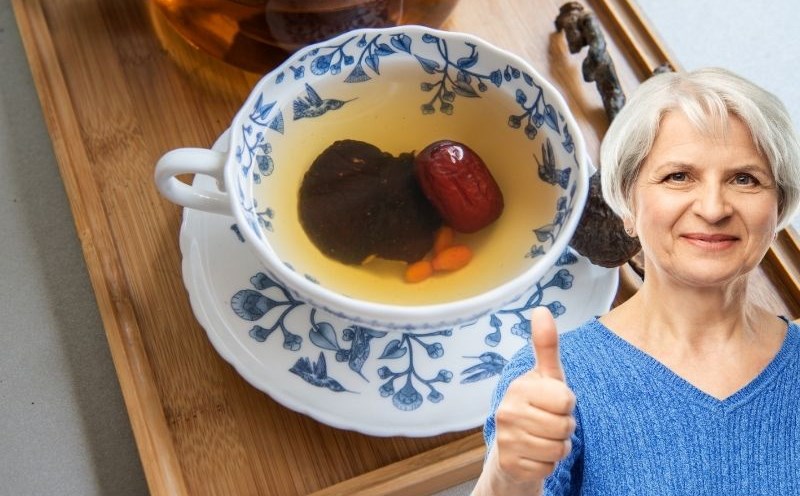How does tea help heart health?
Dr Bhagwat, an interventional cardiologist at Nanavati Max Super Speciality Hospital, Mumbai (India), said that tea is rich in heart-protective compounds that fight inflammation and cell damage, which are good for repairing and restoring blood vessel function.
Black and green teas are often linked to a reduced risk of heart attacks and strokes due to antioxidants like flavonoids and polyphenols.
A 2018 study that examined the effects of black tea on mice found that mice in the test group that drank a certain antioxidant polyphenol found in black tea experienced a 10.39% reduction in total cholesterol, a 10.84% reduction in LDL cholesterol, and a 6.6% reduction in triglycerides.
Some compounds in green tea may help break up plaque associated with blockages. Some studies have shown that drinking green tea may also help lower cholesterol and blood pressure.
“That’s because tea contains catechins, which help prevent blood clots and increase platelet activity. It’s also a diuretic, because urinating helps lower your blood pressure,” explains Dr. Bhagwat.
Are you drinking tea the right way?
Dr. Bhagwat advises that although tea has good compounds, you have to drink a lot to see noticeable benefits.
Regular consumption may also help. Tea polyphenols are not stored in the body for long, and regular consumption may be necessary for their cardioprotective properties to continue to be effective.
Tea also contains caffeine and although the amount is lower than coffee, you have to be careful not to drink too much.
Black tea has the highest amount of caffeine of all teas. A cup of black tea contains about 47 milligrams (mg), while green tea has about 28 mg. So don't drink too much. In addition, tea contains tannins, a type of polyphenol that can upset the digestive system and affect the absorption of iron from food.
“Also, don’t boil the tea. Just steep it in hot water between 80 and 90 degrees Celsius. Overheating destroys the beneficial compounds. Just steeping and brewing the tea will retain all the compounds,” says Dr. Bhagwat.
In particular, if you like to drink tea, you should not add sugar or milk because it can increase the calories in your cup of tea. This leads to weight gain and pushes up cholesterol levels.
Any sugary beverage, including sweetened tea, increases the risk of death from coronary heart disease.









